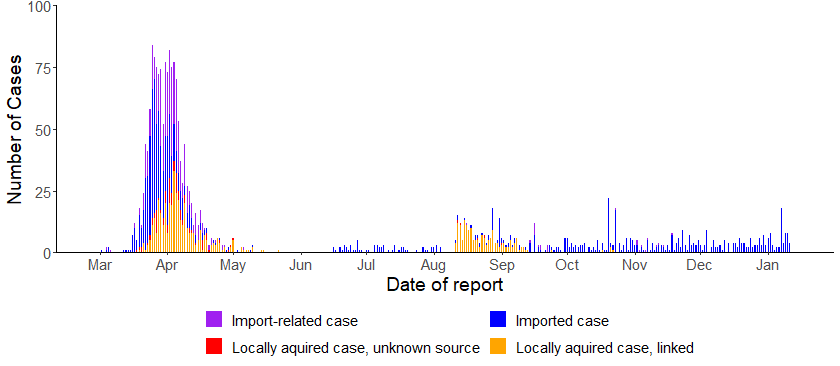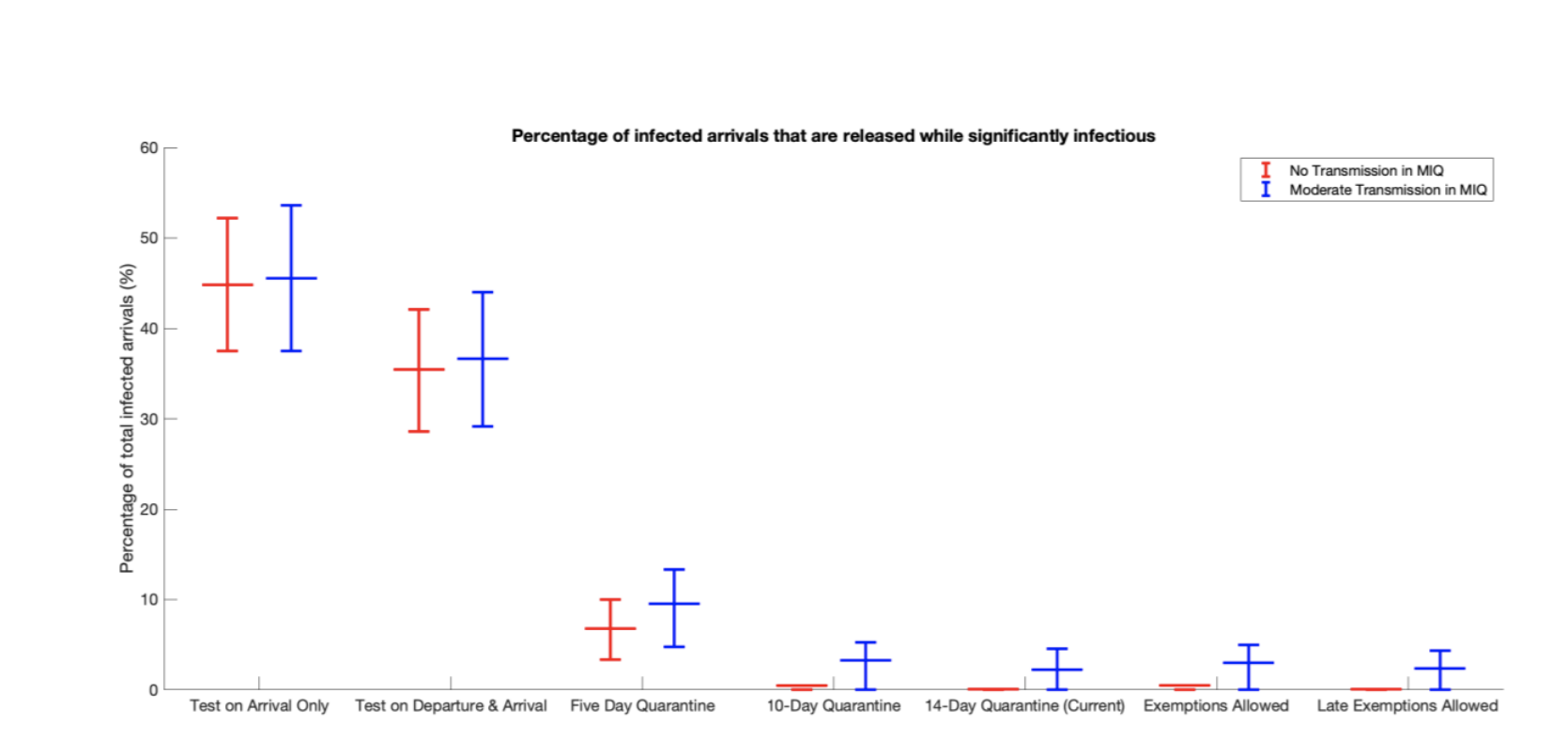A key question for people figuring out good longterm isolation practices is "how long do I have to be symptom-free before I'm 'certified safe'?"
This post on the typical-course-of-COVID-19 provides some studies that inform on the question, but doesn't directly answer it yet.
I recall hearing something like "most cases last less than two weeks", but I'm not sure if two weeks is actually a strong enough upper bound that I'd feel comfortable encouraging lots of people to act on it.
This contains two subquestions:
- If you get sick with COVID-19, during what period will you be contagious?
- If you are isolated, and don't appear to have symptoms, how long before you can be confident that you are not a carrier?
(I'm personally most interested in the answer to the second question right now, but both seem important)


TL;DR We don't know, it's variable case to case, and could be longer than 25 days from symptom onset if you get sick
In patients admitted to hospital with COVID-19, there are cases (Korea, Singapore) of viral RNA detectable up to 25 days after symptom onset. This is not the same as still being infective, so we don't really know.
In people exposed to SARS-CoV-2, 14 days is an estimation that the vast majority will have developed symptoms by this time (here). However, this doesn't take into account cases that remain asymptomatic throughout their infection (maybe 15-20% from Diamond Princess data)